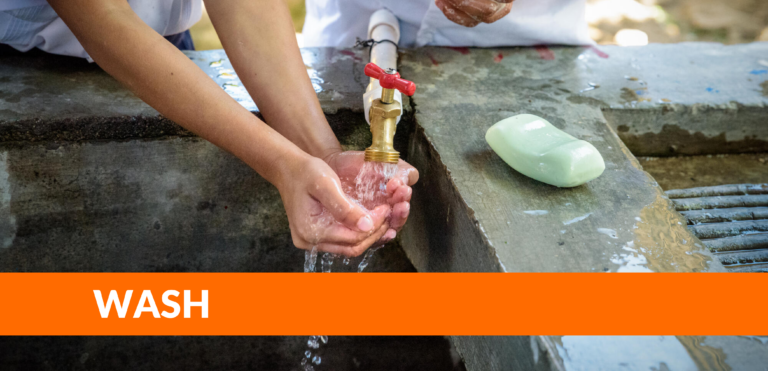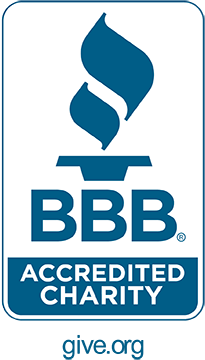Research & Publications
252 resources found

Improving students’ knowledge of puberty and menstruation in rural Zimbabwe: An evaluation of Sesame Workshop’s Girl Talk program
Abstract: The Girl Talk initiative, a collaboration of Sesame Workshop, World Vision International and World Vision Zimbabwe, is an innovative project to address gaps in pubertal health and menstrual hygiene education among

Cleaner, happier, healthier: Sesame Workshop’s water, sanitation, and hygiene intervention among low-income groups in Bangladesh and India
Abstract: This article evaluates a pilot intervention of Sesame Workshop’s “Cleaner, Happier, Healthier” media program promoting water, sanitation, and hygiene (WASH) knowledge, attitudes, and behaviors among vulnerable children and their families in

Predictors of water quality in rural healthcare facilities in 14 low- and middle-income countries
Abstract: Many healthcare facilities (HCFs) in rural areas of low- and middle-income countries (LMICs) lack safe, sufficient water supplies. We sought to understand which factors affect water quality in rural HCF in

WaSH CQI: Applying continuous quality improvement methods to water service delivery in four districts of rural northern Ghana
Abstract: Continuous, safely managed water is critical to health and development, but rural service delivery faces complex challenges in low- and middle-income countries (LMICs). We report the first application of continuous quality

Understanding handpump sustainability: Determinants of rural water source functionality in the Greater Afram Plains region of Ghana
Abstract: Safe drinking water is critical to human health and development. In rural sub-Saharan Africa, most improved water sources are boreholes with handpumps; studies suggest that up to one third of these

Seasonality, water use and community management of water systems in rural settings: Qualitative evidence from Ghana, Kenya, and Zambia
Abstract: The sustainability of rural, community-managed water systems in sub-Saharan Africa depends in part on the ability of local water committees to repair breakdowns and carry out the operation and maintenance (O&M)

The role of social capital and sense of ownership in rural community-managed water systems: Qualitative evidence from Ghana, Kenya, and Zambia
Abstract: Many water systems in rural areas of low- and middle-income countries are community-managed. Ensuring the long-term sustainability of community-managed systems is important to achieve Sustainable Development Goal (SDG) six, which calls for universal

Water system hardware and management rehabilitation: Qualitative evidence from Ghana, Kenya, and Zambia
Abstract: Sufficient, safe, continuously available drinking water is important for human health and development, yet one in three handpumps in sub-Saharan Africa are non-functional at any given time. Community management, coupled with access to external technical

Resource mobilization for community-managed rural water systems: Evidence from Ghana, Kenya, and Zambia
Abstract: Rural water systems in sub-Saharan Africa are often managed by community water committees. For this to be sustainable, committees must be able to mobilize resources for operation and maintenance, repair, and/or




